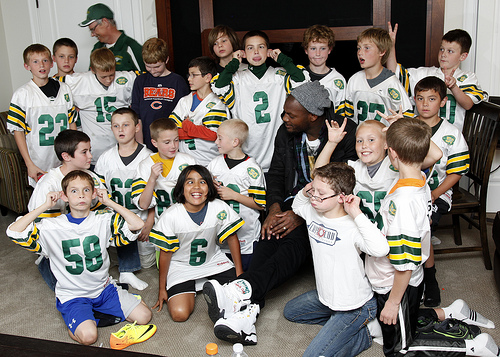Picture this. Your child comes home with a special assignment from school. He’s very excited about it and puts in a lot of time to perfect it. He’s thrilled with the result and can’t wait to take it to school.
A few days later, he comes through the door, picks a fight with a younger sibling and bursts into tears. Finally, he manages to tell you that the project he was so proud of was ‘unacceptable,’ that the teacher wants him to do it over.
What’s your first reaction?
a) Protective – “I’ll straighten this out.”
b) Embarrassed – “MY son always gets good grades.”
c) Angry – “That teacher is picking on my son!”
d) Worried – “This could be damaging to his self esteem.”
e) Grateful- “He’s got someone who’s really going to push him to reach his potential this year.”
I think that lots of parents want to believe that ‘e’ is the right answer…. I just remember wishing that it wasn’t so difficult to stifle all of the other reactions on my way to that answer! Sometimes the urge to protect goes a bit too far.
As parents, it’s not our job to see that our children never experience sadness, disappointment or frustration. As much as most of us would like to, we’re probably not going to be able to keep those things out of their lives — now OR when they become adults. But, we can do the next best thing.
We can invest the time that it takes to prepare them to face life’s struggles.
Instead of trying to shield our kids from ‘negativity’ let’s help them embrace tough situations. Why not use the bumps provided by the classroom or the playground to build the strengths they’ll need when applying for a job or surviving an unhappy supervisor?
Isn’t that real learning?




